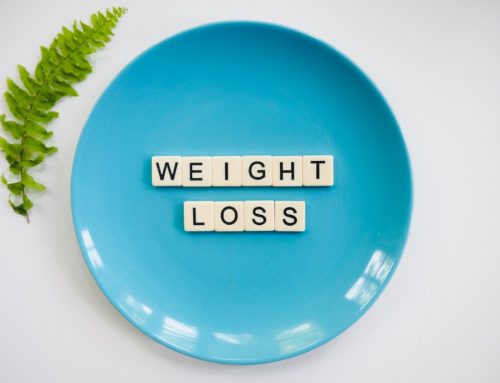Do the foods you are eating contain too many oxalates? Following up with the recent email describing our new Low Oxalate Eating Program, here is a list of high oxalate foods.
Some are higher than others. The range is 15 mg to 500 mg per serving. Foods in that range are generally considered to be high oxalate foods. This is Sally Norton’s list. There are other lists which have some of the same and some different foods.
From everything I’ve read so far this is not an exact science. However, if these foods are common in your diet, then we need make an estimate of your daily oxalate consumption. My recommendation is to keep a food diary for a week, send it to me to analyze, and then we can have a discussion.
In most people a diet under 200 mg per day will generally avoid problems, but of course everyone is different. If there is an issue, then the diet needs to get to under 60 mg per day.
Beverages:
- Beet juice
- Black tea
- Green tea
- Hot cocoa
Deserts:
- Carob powder
- Cocoa powder
- Dark chocolate
Fruits and Berries:
- Apricots, dried
- Blackberries
- Clementines
- Figs
- Kiwi
- Pomegranate
- Star Fruit
Grains and Pseudo-Grains
- All-Bran cereal
- Amaranth
- Brown rice
- Buckwheat
- Quinoa
- Shredded wheat cereal
- Soba noodles (buckwheat)
- Teff (flour)
- Wheat germ
- Whole-grain bread
Green Vegetables:
- Beet greens
- Chard
- Mesculin
- Rhubarb
- Sorrel
- Spinach – raw or boiled!
Herbs and Spices:
- Black pepper
- Slippery elm
- Turmeric
Legumes:
- Black beans
- Great Northern beans
- Navy beans
- Peanuts
- Pinto beans
- Soybeans
Nuts:
- Almonds
- Cashews
- Pecans
- Pine nuts
- Walnuts
Root Vegetables and Starches:
- Beets
- Plantain
- Potatoes
- Sweet potatoes
Seeds:
- Chia seeds
- Hemp hearts
- Poppy seeds
- Sesame seeds
Bernard Rosen, PhD is a Nutrition Consultant and Educator. He works with individuals, groups, and at corporations to create individualized nutrition and wellness programs. His office is in Coeur d’Alene, ID. To learn more or to schedule an appointment, e-mail at bernie@brwellness.com, call (208) 771-6570 or go to www.brwellness.com.







